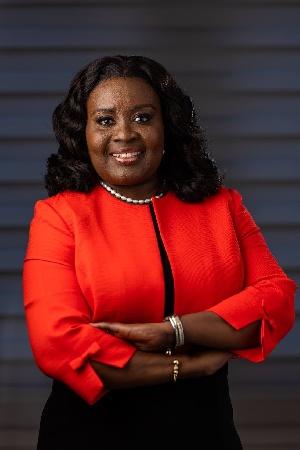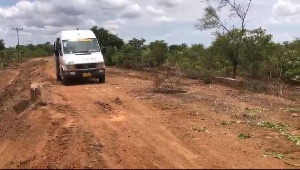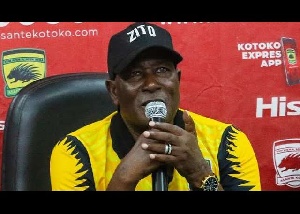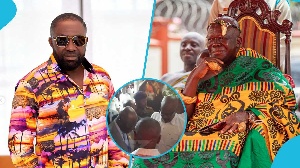- General News
- Crime & Punishment
- Politics
- Regional
- Editorial
- Health
- Ghanaians Abroad
- Tabloid
- Africa News
- Religion
Politics of Thursday, 22 May 2025
Source: www.ghanawebbers.com
Wasai youth abandon community over lack of jobs, infrastructure and digital access
The youth of Wasai, a farming community in the Sissala West District of Ghana, face serious challenges. Persistent underdevelopment, unemployment, and poor digital access drive them away. National policies aim to bridge the rural-urban divide but have not succeeded.
At a press conference, the Chief of Wasai shared these concerns through Abdul Rahman Dauda Kuntulo. He highlighted the poor road network as a major barrier to development. “Good roads are critical for socio-economic growth,” he stated. The community urges the government to repair their roads.
Key roads needing attention include Wasai–Oulokung–Oulo, Wasai–Du, and Wasai–Papreme. They also request a culvert or bridge near the Oulo-Wasai junction. Improved connections would help trade and movement between communities.
Local youth echoed these issues. They cited poor roads and lack of job opportunities as reasons for leaving. “Many of us have degrees but return home jobless,” said Torra Salubuo Samuel, a university graduate from Wasai. He noted that political connections often determine job prospects.
These struggles contrast with Ghana’s Medium-Term National Development Policy Framework (2022–2025) and National Youth Policy (2010). Both emphasize equitable job creation and infrastructure development.
According to the 2023 Labour Force Survey by Ghana Statistical Service, youth unemployment remains high in Upper West Region. Weak economic diversification and limited public investment worsen this situation.
Wasinbensu Abdul Waasiu expressed frustration over poor mobile connectivity. “We can’t engage in online work or learning,” he said. This limits youth access to Ghana’s Digital Economy Policy (2020), which aims for inclusive digital growth.
With few digital jobs available, many youths turn to farming. However, agriculture faces its own challenges in Wasai. Inputs like fertilizers are costly, and tractor service prices rise each season.
Despite initiatives like Planting for Food and Jobs (PFJ), residents report limited access to support or subsidies. Bad roads hinder farmers from reaching markets and affect inter-community movement.
Research backs up these concerns. A 2023 study by CDD-Ghana found over 4,000 rural communities lack basic amenities like good roads and ICT infrastructure. The Ghana Infrastructure Plan (2018–2047) also highlights these gaps but faces implementation issues in Upper West Region.
This neglect violates Article 36(2)(d) of the 1992 Constitution regarding resource distribution across regions. The people of Wasai seek urgent help from government agencies like the Department of Feeder Roads.
They believe targeted investments can help retain youth and revive their economy while preserving rural dignity.
Another pressing issue is deforestation driven by economic hardship. Farmer Babine Sampson explained that poverty leads people to cut down trees for resources during dry seasons.
He noted that rainfall patterns have become unpredictable due to climate change impacts linked to deforestation in northern Ghana. The Chief of Wasai echoed this concern at his press address.
“When the last tree dies, the last man dies,” he warned, urging elders to protect key species like shea trees.
The Chief also called for improved educational infrastructure with four new classroom blocks needed for local schools. He advocated for including youth in government programs too.
“We urge enrollment in entrepreneurship schemes like YouStart Initiative,” he stated, aligning with Ghana’s Education Strategic Plan (2018–2030). This plan promotes skills development in underserved regions.
Business










